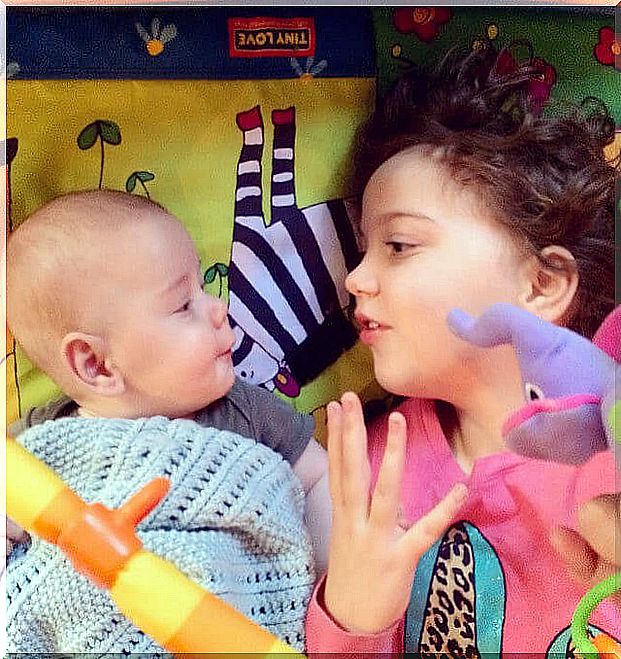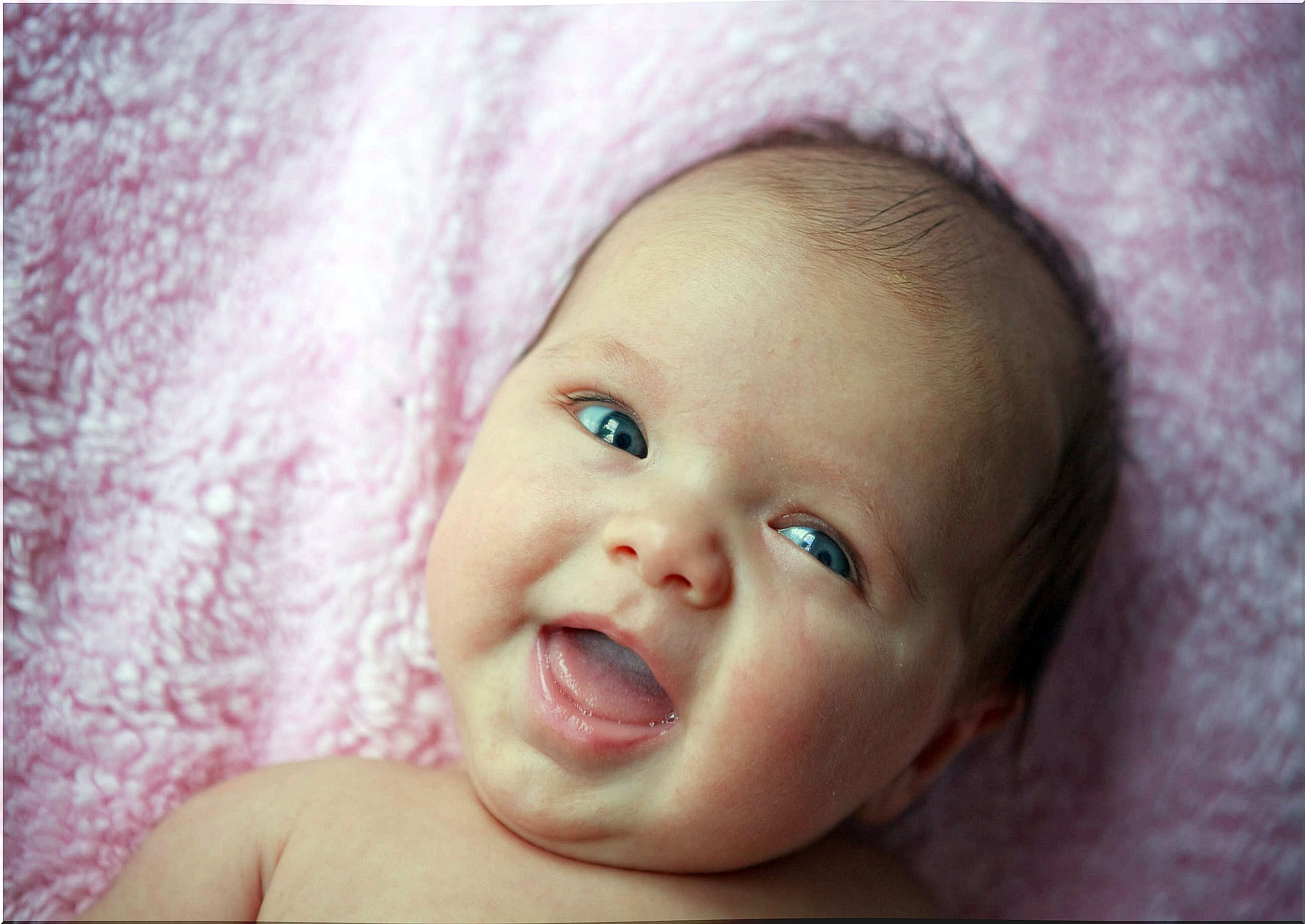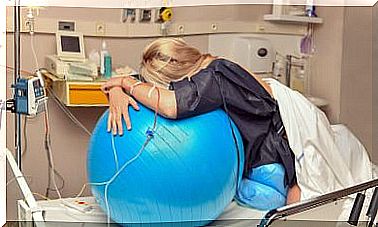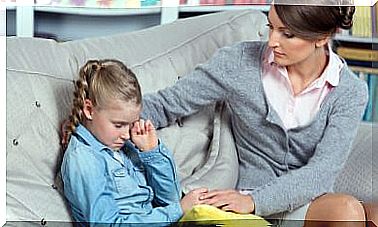When To Start Worrying If Your Child Doesn’t Speak

Not all children begin to speak in the same months of life, so you should not be overwhelmed by it. However, if you think it’s too late and your child isn’t talking yet, these are the facts to keep in mind.
Reasons for concern if your child does not speak
If your child, for example, is two years old and barely speaks or says a few single words, you may have started to worry. This is a fairly common situation among parents, but it is somewhat more common than you might think.
And is that unless there are also delays in other areas of early development, in principle you should not seek professional help. However, nothing like knowing what normal development is to see whether or not you have to see a doctor.
Before 12 months
Although they are still very young, it is essential to observe children to detect possible indicators that give us clues about their development. At this age, it is normal for them to use their voice to relate to their environment.
The gurgling and babbling are the initial stages. It is not until 9 months when they begin to join sounds and incorporate the different intonations of speech. It will be at this time when they begin to say words like “mom” and “dad.” Mind you, they still don’t know what it means.
Typically at this stage of development babies are very receptive to sounds. It is normal for him to begin to recognize names of objects such as the bottle, the pacifier, etc. If you notice that your baby looks closely at his surroundings but does not react to sound, he may have a hearing problem.
Between 12 and 15 months

Children at this age make multiple sounds through their particular babbling. At this stage your child would already have to say a word like baby, dad, mom, etc. In any case, the child must already understand and follow simple and basic instructions. Examples are “please pass me the ball”, and so on.
From 18 to 24 months
Although in this age group there is a lot of difference, the truth is that most children say about 20 words when they are around 18 months. Later, they handle 50 or more when they are 2 years old.
At that moment they already begin to combine two words into simple sentences. At this age your baby should be able to identify objects of common use. You can try mentioning her eyes, ears, and nose and see if she can point to them.
2 to 3 years
In the case of babies from two to three years old, you will surely see yourself how the child experiences great advances in speech. The little one’s vocabulary would have to increase considerably. What’s more, the child should systematically combine three or more words into longer sentences.
By the time they are three years old, their understanding will have improved markedly. At this stage the child would have to understand what certain orders mean. This is the case of phrases like “put it on the table” or “put it under the bed”.
Similarly, at this stage the child has to begin to identify colors. He also begins to understand descriptive concepts, such as something big or something small, etc.
If it does not have a normal rhythm, go to the specialist and leave doubts

If you notice that your child does not speak or follow a rhythm similar to that described, you may need to see a specialist or early care. Sometimes behind children’s speech delays are other problems. These could include a possible receptive language disorder or other associated deficits that may require personalized attention.
In addition, you will have to observe if there are other additional problems. And the most common thing is that if the child understands others, that is, language, gestures and many things that surround him, but is not able to express himself, this will have consequences on his behavior.
This is because something like a delay in speech usually leads to behavior problems due to the frustration of not being able to make yourself understood what it will cause the child.
If your child does not speak, you have to be very attentive to this and know as soon as possible if it is a problem or not. Otherwise, it could persist beyond the little one finally acquiring the ability to speak and not having this handicap already.









